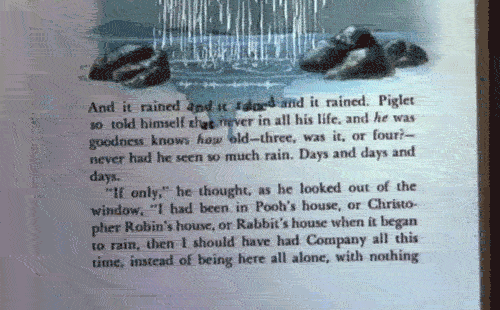Well, I grew up in a pretty diverse place called Hong Kong. I consider myself pretty lucky in the sense that I got to learn and practise three languages - Cantonese, English and Mandarin - simultaneously during my school years. Although I still struggled with learning English in a Chinese society, I think my language encounter is less choppy than some of the ESL kids I've come across in my teaching.
I think children who speak English at school and another
language at home are easy to fall between two stools. It is hardly a problem for them to fit into the English-speaking
environment – i.e. they have little problem making daily conversations with
their peers, but they may experience difficulties in English reading
and writing, hence poor school performance. Worse still, they may become distant from their mother tongue, which is receding to become a language of their parents' generation.
From my experience, the extent of the problem varies from child to child. In
serious cases, children may do badly in all subjects. It is possible for them
to lose motivation in studying because they are not able to express complex ideas properly in writing. In mild cases, which are also more prevalent, children do
badly in only one subject – English.
To help an ESL kid catch up with English, to put it simply, we can give
them extra guidance outside school hours. They need someone to follow up their homework and read texts with them. They need
positive encouragement. Some parents are totally capable of doing all those themselves, but not all of them have got the time and
abilities. For those who juggle their professions with family duties, or those
who do not have a good command of English, they may choose to hire an English tutor.
And here is a million dollar question:
Should you get a tutor who speaks your child’s first language?
My answer would be: It depends on what kind of issue your child is having.
Case 1:
If your child have problems following the teachers' instruction at school, a tutor who speaks your child's mother tongue may be able to “translate” things for him/her, but it is debatable as a long-term healthy solution, as kids may soon develop reliance on the tutor/translator. They maybe getting through exams, but their incentive to improve their English remain unchanged. So, I think even the kids have poor listening skills in English, it is still a better bet to allow the tutors to speak to them purely in English, but in simpler sentences and slower pace.
Case 2:
If your child's only weak at reading and writing, it may not be an issue what the tutor's first language is, as long as they have good written English and can motivate your child to read. Reading and writing is a rather common issue actually even for non-ESL students, so you really don't have to panic. Some tutors may chat with you and you kid regarding the family reading habit. More often than not, a house with books raises children who enjoy reading. For an ESL family, it is a subtle issue when it comes to encourage kids to read more texts in English as well as in their first language without putting too much pressure on them.
Case 3:
Funny enough, some parents choose to hire a tutor to help their kids with their first language. They must be feeling powerless trying to make the kids use their mother tongue. Well, knowing how to use a language does not mean you know how to teach it. If the ESL kid is moving towards refusing to continue using their first language, getting a tutor could give them some freshness in the subject.
It is always nice to have more than one language in your pocket. Especially when you are born with one, try not to lose it - it will come in handy one day. I went for a short trip in Taipei with my family last September, and I was glad to have kept up with my Mandarin. It saved us from getting lost...


















.jpg)